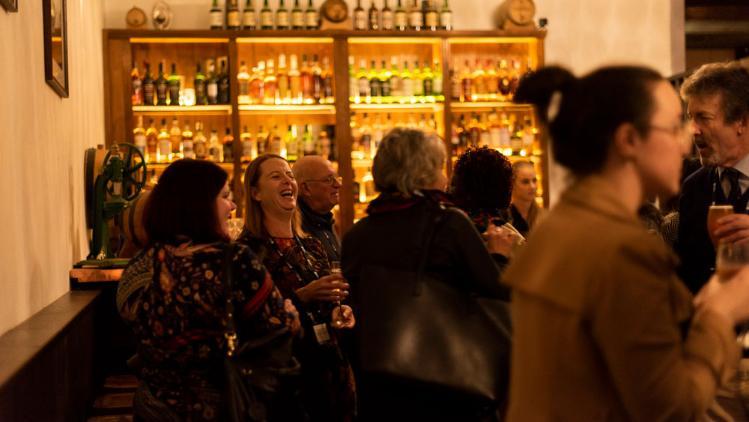Network, be inspired, develop your skills or learn something new
You never know who you might meet at UOW alumni events – your next business partner, employee, boss, mentor or friend. Being open to opportunities is always a good thing, so why not say yes to the next invitation and see what happens?
New events, workshops and seminars are added to our calendar regularly so please keep an eye out for one near you.
Keep your details updated so we can invite you to the next event in a city near you.





